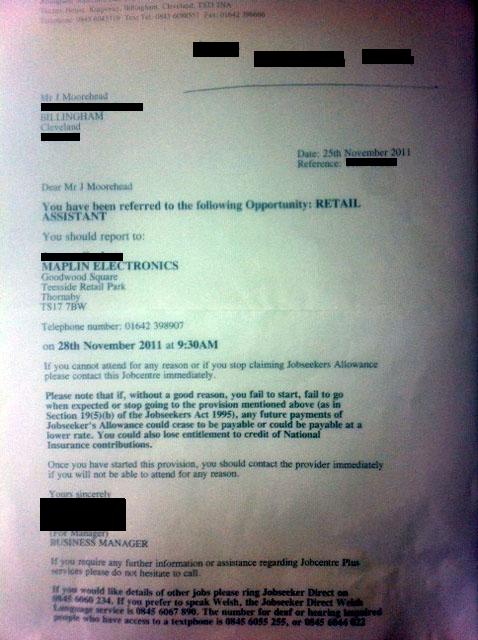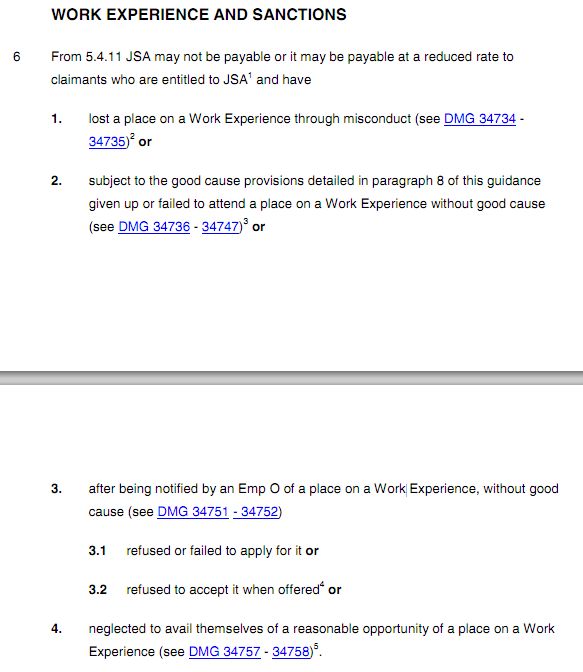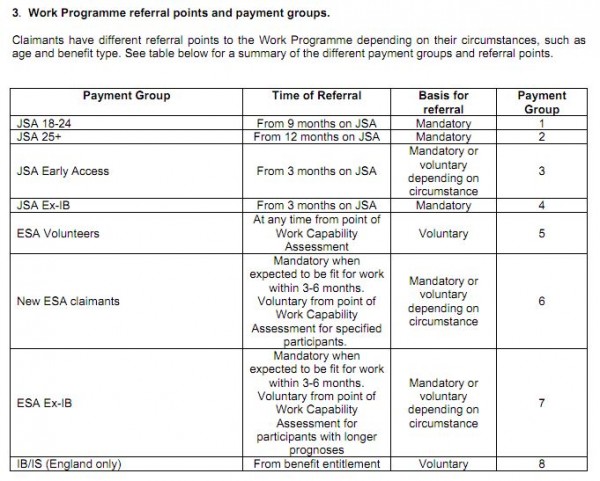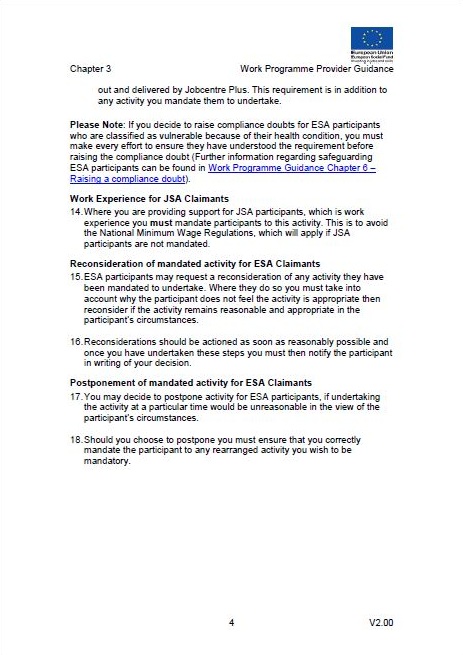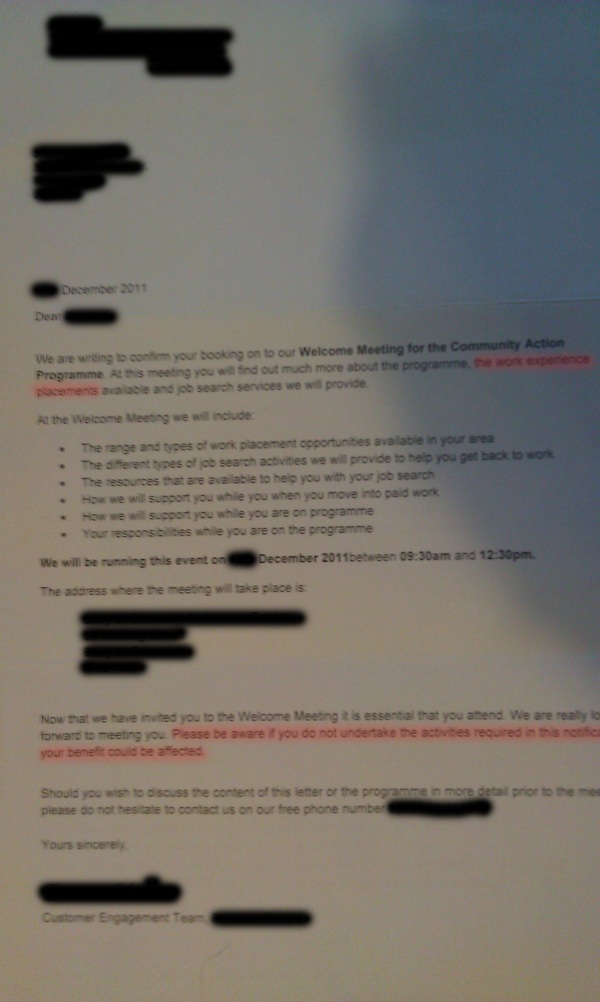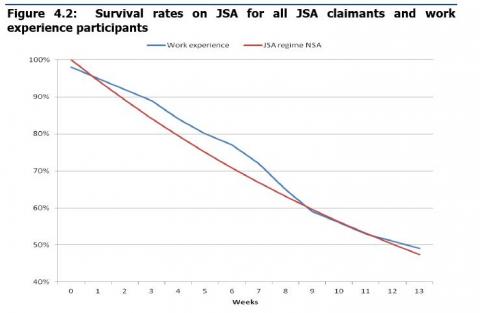The government today caved in to bad publicity and agreed to remove the possibility of sanctions from those who refuse to take part in the work experience scheme. Those guilty of gross misconduct may still be sanctioned with removal of benefits.
However, a DWP spokesperson confirmed to me this afternoon that it is only the work experience scheme which is affected by this change. Those on the work programme, which is run by third party providers such as the disgraced A4e, may still face sanctions if they do not cooperate with the programme. As detailed in the previous article on this site, it is mandatory to attend the work programme after a set amount of time receiving Job Seekers Allowance or Employment Support Allowance. The DWP spokesperson pointed out that the work programme provides much more than just work experience placements and referral to the programme does not necessarily mean undertaking work experience.
In addition to the work programme there are several other schemes involving compulsory work including the community action programme and mandatory work activity. There is also the possibility that those who refuse work experience may be picked for mandatory work activity, and then sanctioned if they refuse to take part in that.
I discussed with the DWP the issue of those who are receiving ESA and placed in the work related activity group being referred to the work programme and possibly for work experience. This is problematic since at the current time many people overturn the decision to place them in the WRAG on appeal and appeals can take a year in many cases so that people who are not fit for the work programme, never mind fit for work might be sent for work experience. The spokesperson did point out that people can present evidence and ask for a reconsideration before going for an appeal, although since at least 40% of those who appeal their decision go on to overturn it I do not think this is enough to ensure that everyone on the work programme is physically and mentally up to the task.
As it stands then, the removal of sanctions from the work experience scheme is a minor victory but the danger is that it will convince the public that all is well once more and the anger over people being made to work without pay may cool. Jobseekers and sick people can still be referred to the work programme where companies such as A4e can send people to do unpaid work experience or face loss of benefits. In the case of those who recieve ESA there is no limit to the length of time they may be made to work without pay. Bizarrely, now that sanctions for refusing work experience have been removed, it may be the case that only people over 24 and those who are officially too sick to work can be forced to work unpaid.

